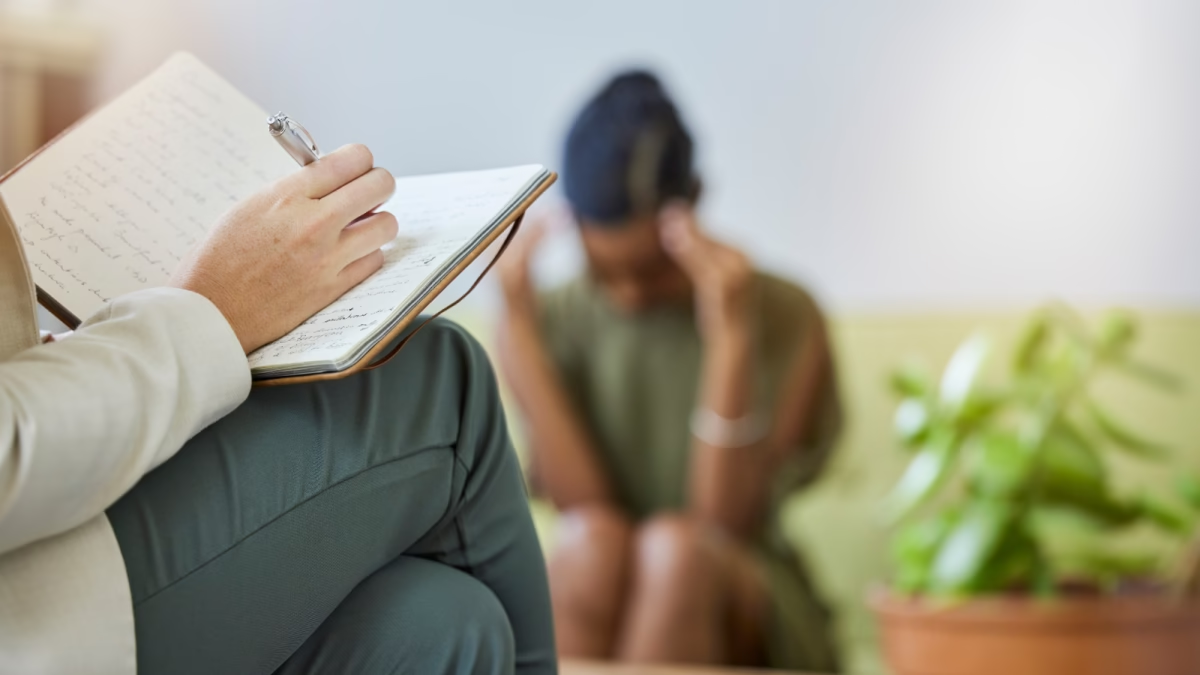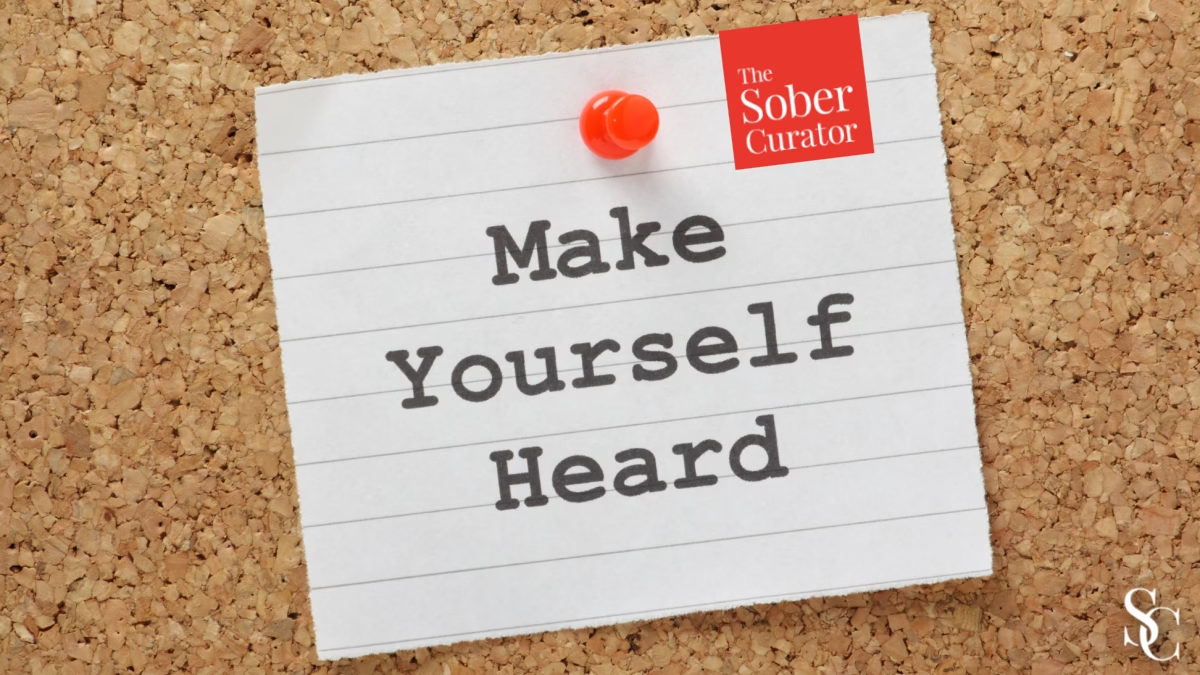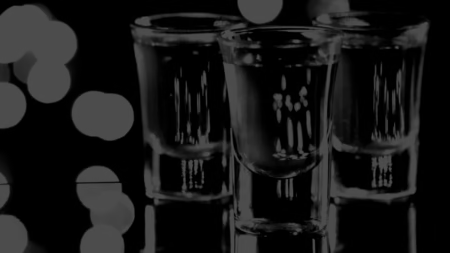
I walked into rehab carrying more than a bag of clothes. I carried the silence of generations. The kind of silence you only know if you grew up Black, where therapy was for white folks and rehab was a word you never dared to say out loud. I carried the shame coded into Sunday mornings, where prayer was the only prescription and crying out for help meant you were weak in faith.
The faces I saw were all white. Every single one. Not unfriendly, not dismissive — but careful. Too careful. They bent over backward to make me feel included, and in doing so, reminded me over and over again that I was different. They spoke to me like they were afraid to offend me, afraid to say the wrong thing. Their kindness became another kind of spotlight. I wasn’t ignored — I was exaggerated. I wasn’t excluded — I was set apart.
But the hardest part wasn’t how they treated me. It was the voice of my culture, echoing in my head. In the Black community, addiction is taboo. Mental health struggles are taboo. Needing help is taboo. We don’t say “rehab.” We say “she got problems.” We don’t say “depression.” We say “she just needs to pray.” We don’t treat illness — we treat silence.
Especially for Black women. We are raised to be invincible. The backbone. The strong one. The “ride-or-die.” The one who carries the family, the pain, the secrets. And when we collapse under the weight of it? We are told to hide it, drown it in liquor, laugh it off or just keep pushing. Black women are not supposed to break, and if we do, we sure as hell aren’t supposed to do it in front of strangers.
That’s the stigma. That’s the curse. Not just the addiction itself, but the silence that wraps around it like chains. The belief that seeking help is a betrayal of culture. The idea that treatment is weakness. And the truth is, that mindset is killing us. Quietly. Consistently.
In those rehab meetings, I watched white patients cry freely. I heard them say the darkest things out loud, like ripping off bandages. I saw them trust the process without shame. And I thought: Why not us? Why do we laugh at therapy until we bury another cousin? Why do we glorify survival but never honor recovery? Why is the Black community still pretending that strength means silence?
I know why. History taught us to armor up. Slavery, segregation, Tuskegee, medical abuse — all of it taught Black people that vulnerability is dangerous, that trusting systems can destroy you. So we learned to be hard. We learned to hide pain instead of treat it. We learned to silence our suffering.
But that armor is cracking. It doesn’t protect us anymore. It poisons us. It kills us.
Breaking that cycle means creating new spaces. Spaces where Black people can heal without judgment. Where therapy isn’t seen as “white people stuff” but as survival. Where churches preach mental health alongside scripture. Where families stop burying secrets and start talking openly. Where rehab doesn’t feel like exile but like community.
Being the only Black girl in that rehab didn’t make me feel less than. It made me realize how much work we have to do. My presence was a protest against silence. My recovery became rebellion. Every Black person who admits they need help is breaking centuries of stigma.
So yes, I was the only one in the room. But maybe I wasn’t meant to blend in. Maybe I was meant to stand out, to be the reminder that Black people deserve healing too. That we can’t afford to keep pretending. That silence is killing us faster than any drug.
And if my story makes one Black woman walk into treatment without shame, or one Black man say “I need help” without guilt, then I wasn’t just the only one. I was the first of many.
By (NEW) Sober Curator Contributor: Lisa Crump | Follow on IG @_moodaltering

SPEAK OUT! SPEAK LOUD! at The Sober Curator is a celebration of authentic voices in recovery—echoing Madonna’s call to “Express yourself!” Here, readers and contributors take the spotlight, sharing transformative sobriety journeys, creative talents, and new avenues of self-expression discovered along the way. Through videos, poems, art, essays, opinion pieces, and music, we break the silence that often surrounds addiction, replacing it with connection, hope, and inspiration.
Your story matters—and we want to hear it. Submit your work to thesobercurator@gmail.com or DM us on social media.
Disclaimer: All opinions expressed in the Speak Out! Speak Loud! Section are solely the opinions of the contributing author of each individual published article and do not reflect the views of The Sober Curator, their respective affiliates, or the companies with which The Sober Curator is affiliated.
The Speak Out! Speak Loud! posts are based upon information the contributing author considers reliable. Still, neither The Sober Curator nor its affiliates, nor the companies with which such participants are affiliated, warrant its completeness or accuracy, and it should not be relied upon as such.





